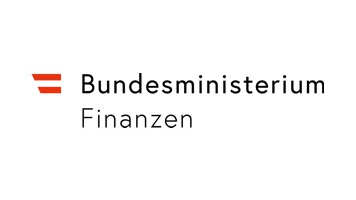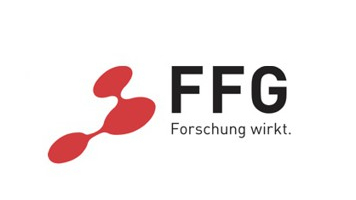Climate change and environmental degradation have far-reaching and serious effects on people and the environment. Environmental and climate factors often drive and amplify conflicts, threatening the peace, stability, and security of affected states. The growing field of research and practice known as "environmental peacebuilding" provides insights and instructions on how to respond appropriately to these security policy challenges. Environmental peacebuilding aims to promote sustainable peace. It addresses the question of how environmental and climate factors exacerbate conflicts at local, regional, national and international level. The successful implementation of environmental peacebuilding depends on the joint efforts of governments, NGOs, international organizations, and local communities. Civilian and military experts in crisis areas (EU, UN and OSCE personnel as well as local, state and non-state actors) make a particular contribution here and must acquire the necessary knowledge and skills in the run-up to operations. The use of mixed reality (MR) in training programs offers a promising solution for understanding and learning environmental peacebuilding theories in a more practical way. Through immersive scenarios, learners can dive deep into the situation of areas affected by climate change and conflict. This not only improves the learning experience, but also provides valuable data for research. The integration of MR technologies enables the realistic simulation of environmental events and conflicts in training environments to better prepare professionals for deployment in crisis and conflict regions. This way required skills such as mediation, coordination of evacuations and situational awareness can be learned efficiently.
The "EnviPeace" project aims to research an MR-based learning environment that teaches advanced peacebuilding and conflict transformation skills. The learning environment is designed for an area covering several square kilometers and integrates virtual elements such as floods, refugee camps and virtual characters into the real world. One research focus is the simultaneous interaction of trainees with real role-players and virtual characters. Supported by AI, this enables realistic exercises of complex scenarios. EnviPeace is also researching the localization of trainees in large outdoor areas to display virtual content in the right places. EnviPeace addresses challenges in the precise localization of trainees without the aid of visual markers and researches the fusion of SLAM and RTK-corrected GNSS data and the derivation of the view direction from it.
In the course of the project, possibilities for user-friendly scenario creation and adaptability will also be investigated. Trainers should be able to flexibly design and adapt different situations. The aim is to design a learning environment that realistically depicts the complex interrelationships of environmental peacebuilding and enables sustainable peacebuilding. Over the course of the project, this will be evaluated in three iterations with the stakeholders and improved based on their feedback.
The entire duration of the project will be accompanied by social science research to formulate guidelines for environmental peacebuilding in crisis areas based on the researched balance of the relevance of human factors (gender, culture, capital) and environmental factors. In addition, a concept for an MR-supported course program for environmental peacebuilding will be developed.
Project Lead
Elisabeth Broneder
AIT – Austrian Institute of Technology GmbH
Giefinggasse 4
1210 Wien
Telefon: +43 664 8251374
Email: elisabeth.broneder(at)ait.ac.at
Homepage: www.ait.ac.at
Partner
Bundesministerin für Europäische und Internationale Angelegenheiten (BMEIA)
Bundesministerium für Landesverteidigung (BMLV)
Austrian Centre for Peace (ACP)
Universität Graz MINDCONSOLE GmbH


